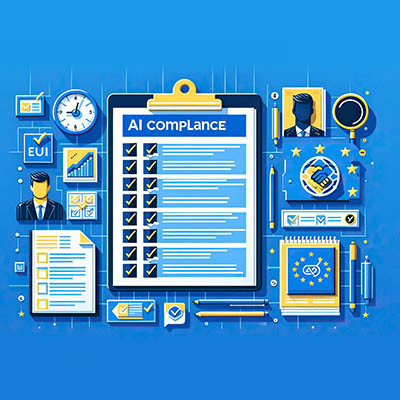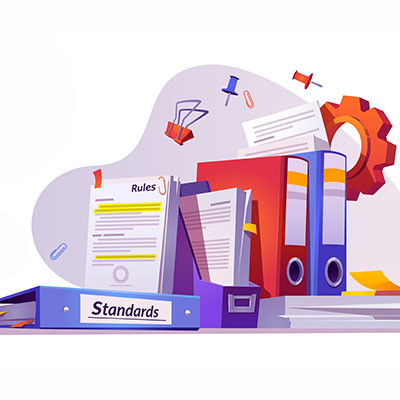If you put yourself in the shoes of an insurance company, you might find yourself thinking twice about protecting someone who actively partakes in risky behavior. The same can be said for a business insurance provider, particularly when the behavior can easily be prevented through proactive and preventative measures. This is why many insurance providers are establishing minimum safeguards and compliance requirements, if only to protect their own skins.
PC PLACE Blog
Many market analysts and industry experts foresee an increase in the cost of hardware. We recommend that you take matters into your own hands to dodge the price hike and purchase your new IT now before it costs you more to do so. The implementation of any proposed tariffs could impact the market as early as February 2025, so we wanted to discuss what you should consider when purchasing new hardware today.
Let me ask you something: would you trust a bank that locked its doors for the night but left all its cash in a big pile in the middle of the floor? Probably not—after all, if someone managed to get through the doors, nothing would stop them from helping themselves to the funds inside.
This is effectively how cybersecurity once worked, with the presumption that if someone had access to a network, they had permission to access any data on it. Fortunately, many businesses have made the switch to a better approach, known as zero-trust security.
One of the many tasks undertaken by the United Nations is to protect human rights around the globe while also working to create more sustainable and climate-friendly development. As such, the UN has recently taken a healthy interest in the development of artificial intelligence, hoping to develop guidelines that allow us to get the most value out of AI without creating more significant problems.
You might have noticed that business insurance companies are starting to show an interest in how you are protecting your technology and data. If your org has been in touch with your insurance provider regarding modifying or renewing your business insurance, you were likely handed a lengthy questionnaire about your cybersecurity. Let’s take a look together to help you make informed decisions on how to handle your IT and how to prevent your insurance costs from skyrocketing.
The United States Federal Trade Commission’s mandate is to prevent fraud and promote consumer protection in today's interconnected world, where the digital landscape continues to evolve at a rapid pace. The FTC recognizes the importance of safeguarding consumer information and has implemented their Safeguards Rule as a means to ensure that businesses protect sensitive data from unauthorized access and misuse. Let’s take a look at the Safeguards Rule and what you need to know about it in regard to your business.
Compliance is a critical element of many businesses’ requirements, with pretty severe penalties as a consequence if the prescribed standards are not met. Even more importantly, most compliance requirements and regulations are put in place for the welfare of not only the business, but its clientele as well. This makes it critical to know which apply to your business, and how to meet them fully.
Every business’ clients trust that they’re taking every measure possible to protect data, like personal information or financial records. However, with the number of businesses using electronic records continuing to climb, along with the rise of cybercrime, many industries have begun to impose regulations and compliances that are designed to keep personal information secure. Health and finance are two of the most heavily regulated industries, with the government having stepped in and set a specific standard of data security regulations that these companies must comply with.
Cloud computing has been touted as one of the most innovative and important technologies for smaller businesses as they look to compete with larger organizations. How it makes this possible is by offering dynamic computing environments that can help bring these smaller businesses into the information age without saddling them with massive infrastructure costs while doing so. That’s not to say that the cloud is cheap by any means, and this month we will discuss how cloud computing is a great option for nearly any business.
Since the global COVID pandemic forcibly introduced many, many businesses to the benefits of remote operations, there has been an increase in interest in hybrid workplace operations—a combination of the standard, in-office operations with remote work all working in tandem. However, for all its benefits, there are some threats that hybrid work brings with it that need to be acknowledged as well.
Despite what detractors say, regulations are in place for good reason. They typically protect individuals from organizational malfeasance. Many of these regulations are actual laws passed by a governing body and cover the entire spectrum of the issue, not just the data involved. The ones that have data protection regulations written into them mostly deal with the handling and protection of sensitive information. For organizations that work in industries covered by these regulations there are very visible costs that go into compliance. Today, we look at the costs incurred by these organizations as a result of these regulations, and how to ascertain how they affect your business.












